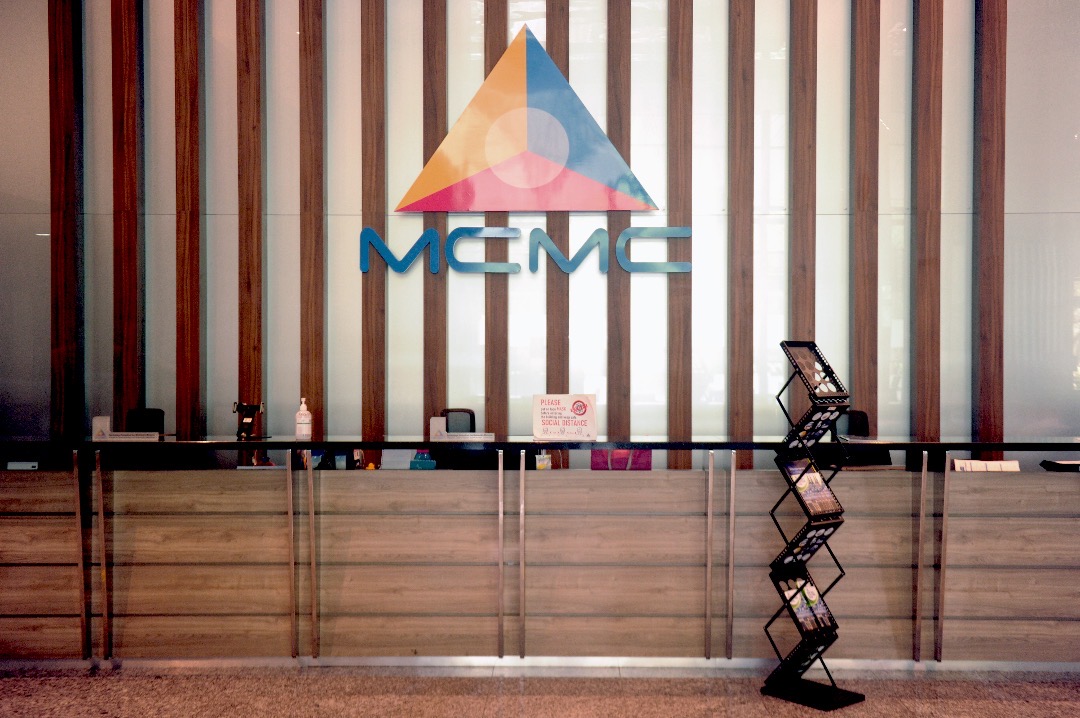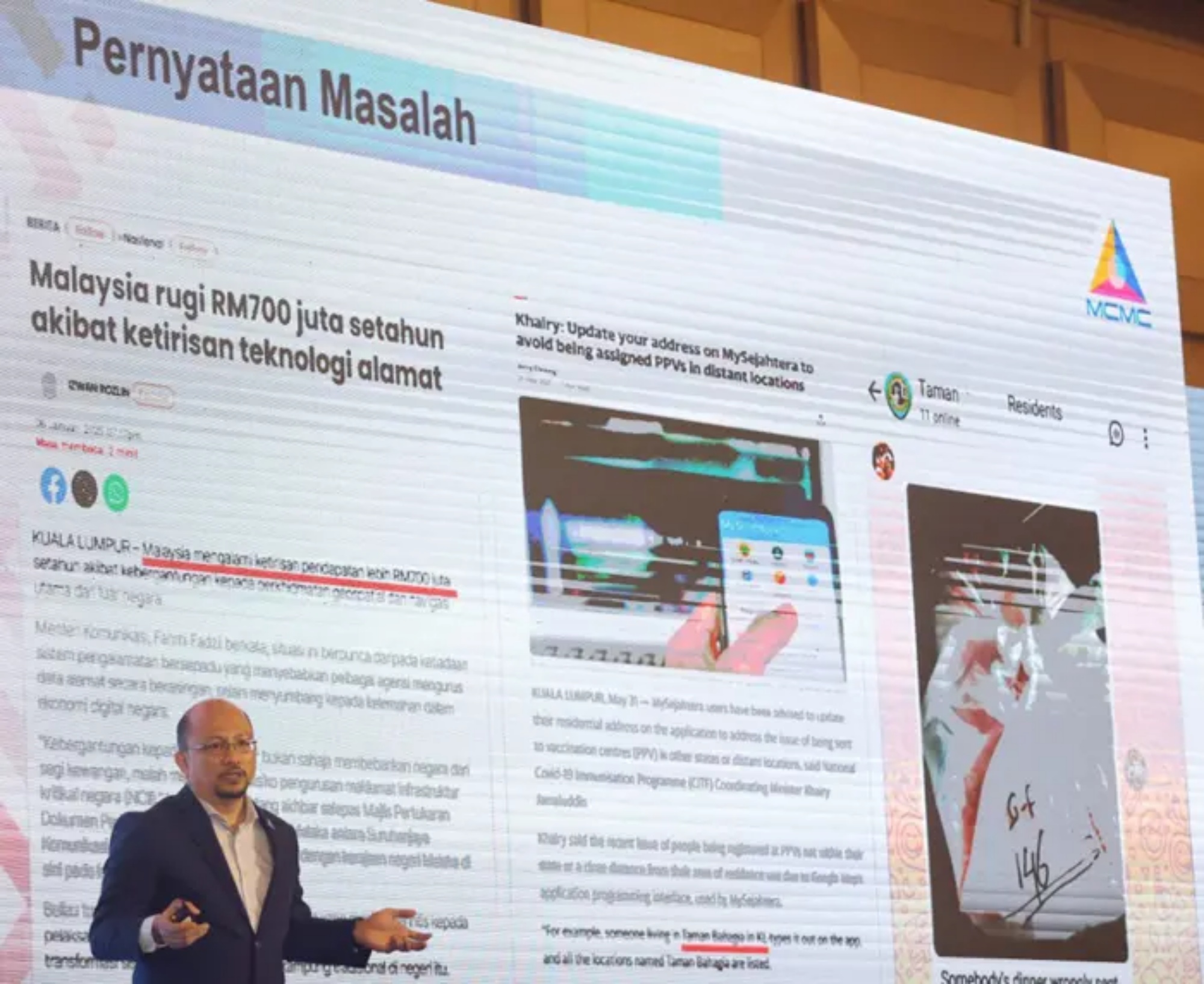The Malaysian Communications and Multimedia Commission (MCMC) has revealed plans to expand the implementation of its National Address System (NAS), with full operational readiness by 2027. A three-year roadmap for this was revealed by the commission’s Digital and Geospatial Innovation Division head Ahmad Aswadi Yusof during the National Address Conference 2025 that was held yesterday.
NAS was first introduced in 2021 as part of several initiatives under the National Courier Accelerator Plan (PAKEJ). Initially aimed at improving Malaysia’s courier logistics, the expansion will also see the system serve as a centralised database to eliminate inconsistencies that have long affected emergency response services nationwide.
Ahmad Aswadi highlighted the critical need for a unified address database, citing instances where aid arrived too late simply because responders could not pinpoint a caller’s location. He added that the lack of standardisation, especially in rural areas, has led to confusion and inefficiencies. In one example, a parcel bound for Taman Bahagia in Kuala Lumpur was mistakenly rerouted to another neighbourhood with the same name in Sandakan, Sabah.

Currently, the government spends around RM700 million annually on sourcing location data from various external providers, often yielding inconsistent or unreliable results. To address these issues, NAS will be developed as the official, government-recognised repository of more than 11 million addresses across the country.
The system will function as an open-access platform, allowing users to check and update address information, and convert these into precise geolocation coordinates using latitude and longitude. Importantly, Ahmad said the database will not include any personal details such as property owners’ names – only street names, numbers, locality, and related data.

The NAS initiative kicked off this year with a successful study phase and the formation of a technical task force, with MCMC also launching several pilot projects in collaboration with local authorities. The next stage, scheduled for 2026, will involve full-scale development of the NAS platform and continued testing. By 2027, the commission aims to have the system fully operational, with efforts focused on data refinement and application enhancements.
“We will also work on establishing a dedicated NAS community and verifying input from key stakeholders along the way,” said Ahmad Aswadi. He added that the system is expected to streamline services across multiple sectors while improving public safety and service delivery nationwide.


